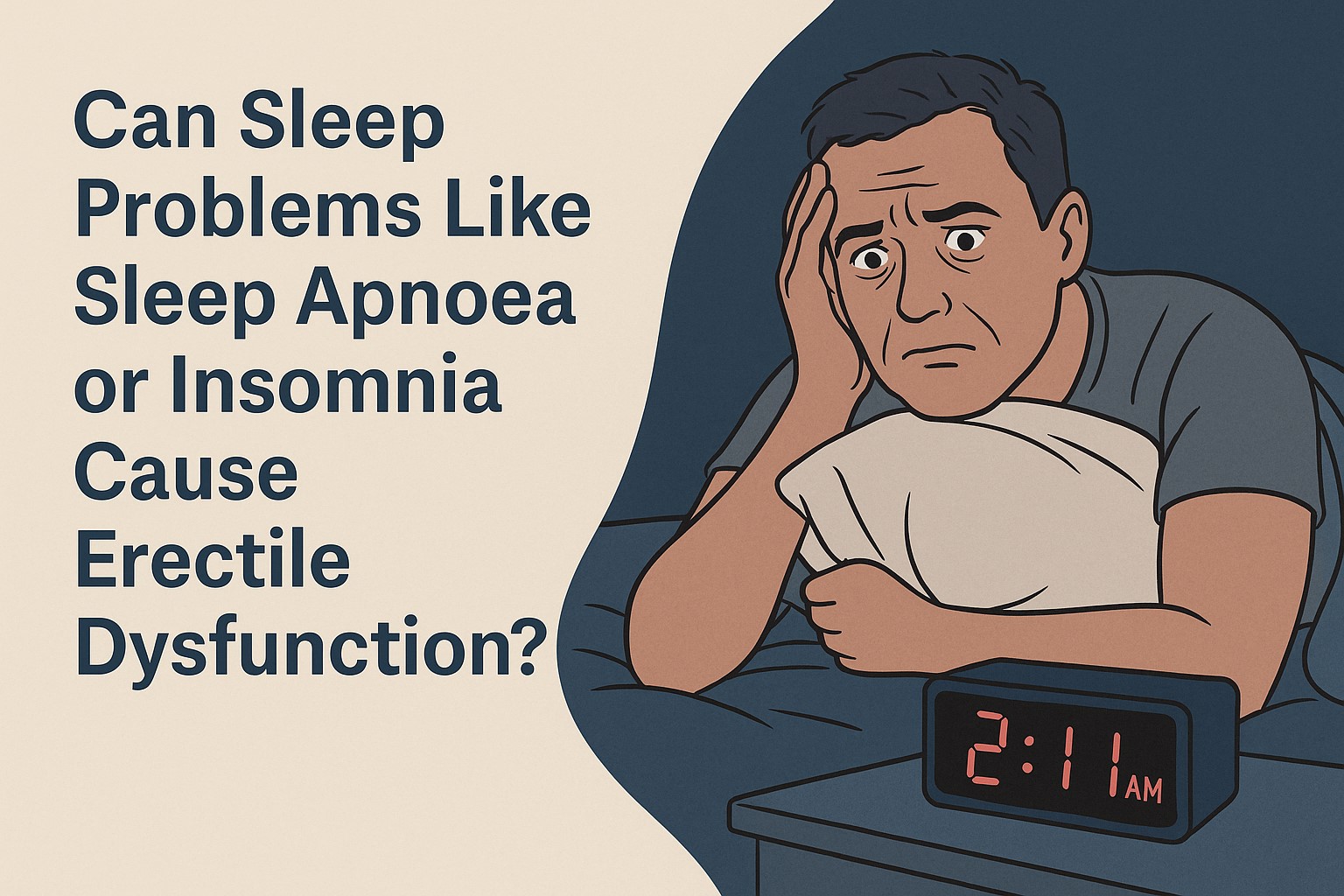What is an Erection?
An erection occurs when blood flows into the penis, causing it to become firm and elongated. This process is regulated by a complex interaction between the brain, nerves, hormones, and blood vessels. Sexual arousal triggers signals from the brain to the nerves in the penis, resulting in the relaxation of muscles and the dilation of arteries, allowing increased blood flow.
Changes in Erections with Age
How do erections change in your 20s and 30s?
During your 20s and 30s, erections are typically strong, frequent, and easily achieved. Testosterone levels are at their peak, contributing to a robust libido and quick recovery after sexual activity. Erections can occur with minimal stimulation, morning and night erections are common.
What changes occur in your 40s?
In your 40s, you may start noticing changes in erectile function. Testosterone levels begin to decline gradually, which can affect libido and the frequency of spontaneous erections. Erections might take longer to achieve and may not be as firm as they were in younger years. Psychological factors such as stress and anxiety about performance can also play a role.
What happens to erections in your 50s and beyond?
By your 50s and beyond, erectile changes become more noticeable. It may take more direct stimulation to achieve an erection, and erections might not be as firm or long-lasting. The refractory period, which is the time it takes to achieve another erection after ejaculation, also increases. Chronic health conditions like diabetes, hypertension, and cardiovascular disease, which become more common with age, can significantly impact erectile function.
Reasons Behind These Changes
What are the physiological reasons for changes in erections with age?
Several physiological factors contribute to changes in erections as men age:
- Declining testosterone levels: Testosterone, the primary male sex hormone, decreases with age, affecting libido and erectile quality.
- Reduced blood flow: Aging can cause blood vessels to lose their elasticity, reducing blood flow to the penis and making it harder to achieve and maintain an erection.
- Nerve function: Nerve sensitivity can diminish with age, affecting the transmission of arousal signals from the brain to the penis.
- Chronic health conditions: Conditions such as diabetes, hypertension, and cardiovascular disease can damage blood vessels and nerves essential for erectile function.
- Medication side effects: Some medications used to treat age-related health issues can interfere with erectile function.
Psychological Factors
How do psychological factors affect erections as men age?
Psychological factors play a significant role in erectile function. As men age, stress, anxiety, and depression can increase, impacting sexual performance. Concerns about aging and changes in body image can also contribute to performance anxiety. Maintaining mental health and managing stress are crucial for sexual health.
Impotence can be a red flag uncovering a heart problem. Get checked.
Managing Erectile Changes
What lifestyle changes can help manage erectile changes?
Several lifestyle changes can help manage erectile changes and improve overall sexual health:
- Healthy diet: Eating a balanced diet rich in fruits, vegetables, whole grains, and lean proteins can improve cardiovascular health and blood flow.
- Regular exercise: Physical activity helps maintain healthy blood vessels, boosts testosterone levels, and reduces stress.
- Weight management: Maintaining a healthy weight reduces the risk of conditions that affect erectile function, such as diabetes and hypertension.
- Quit smoking: Smoking damages blood vessels and restricts blood flow to the penis, exacerbating erectile problems.
- Limit alcohol: Excessive alcohol consumption can interfere with erectile function and reduce libido.
What medical treatments are available for impotence?
Several medical treatments can help manage erectile dysfunction, including:
- Oral medications: Drugs like sildenafil (Viagra), tadalafil (Cialis), and vardenafil (Levitra) improve blood flow to the penis, helping achieve and maintain an erection.
- Hormone therapy: For men with low testosterone levels, hormone replacement therapy can help improve libido and erectile function.
- Penile injections: Medications injected directly into the penis can induce an erection.
- Vitaros Cream: A topical solution designed to enhance erectile function by improving blood flow to the penis, offering a convenient and non-invasive treatment for erectile dysfunction.
- Vacuum erection devices: These devices create a vacuum around the penis, drawing blood into the shaft to induce an erection.
- Penile implants: Surgical implants can provide a permanent solution for severe erectile dysfunction.
How can psychological support help with erectile changes?
Psychological support, including counseling and therapy, can help address underlying mental health issues that impact erectile function. Cognitive-behavioral therapy (CBT) can help manage performance anxiety, stress, and depression, improving sexual health and overall well-being.
Reflection from a urologist
Erections naturally change as men age due to various physiological and psychological factors. Understanding these changes and taking proactive steps to manage them can help maintain a healthy and satisfying sex life. If you experience significant erectile changes or erectile dysfunction, consult a urologist.


